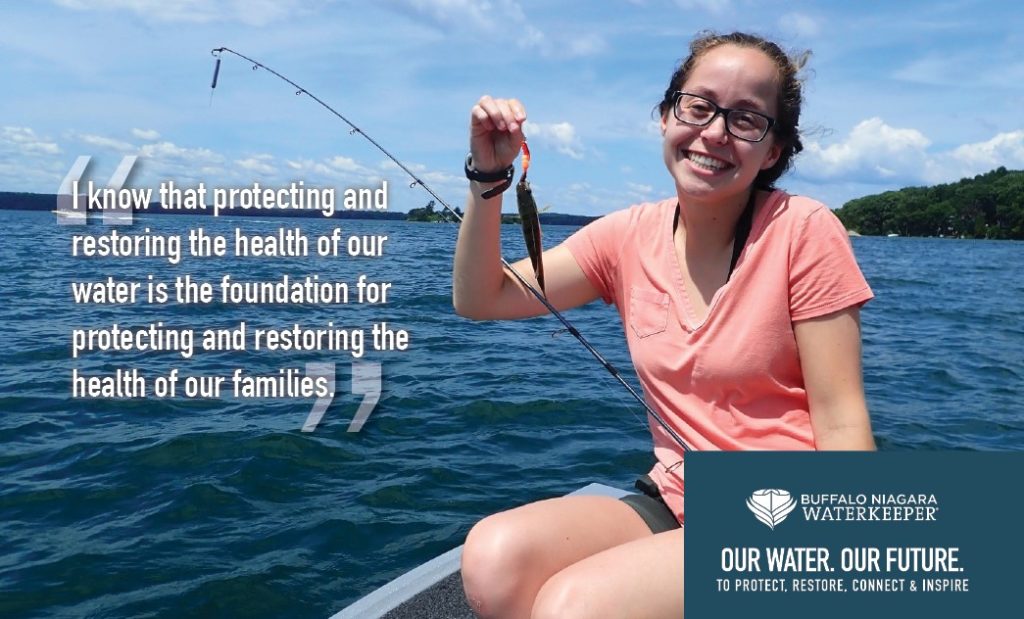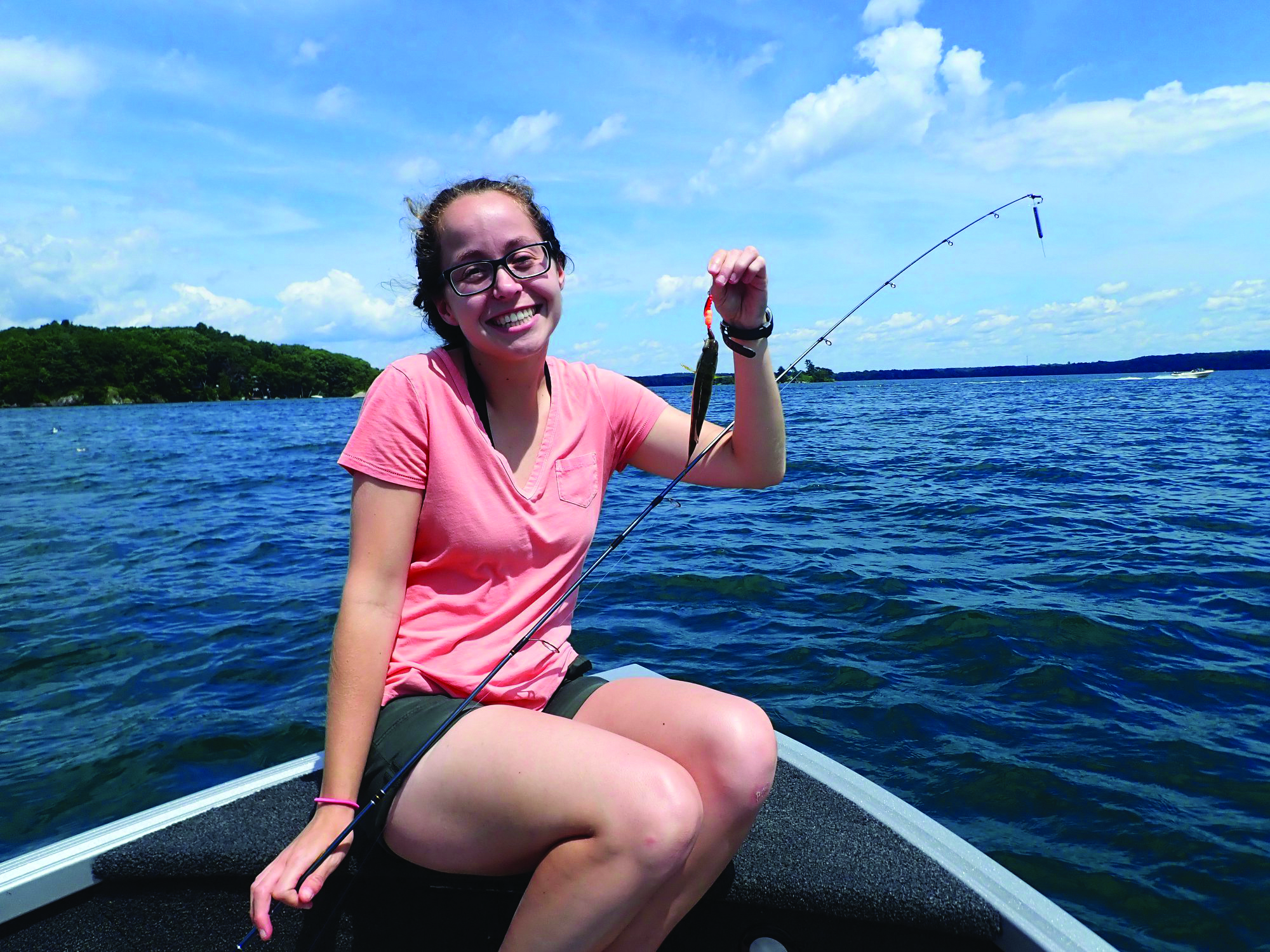
One rainy afternoon at Higgins Park along the Buffalo River, I spoke with a couple who were fishing. They came there often and would eat the fish they would catch. They were stewards of the park, collecting trash whenever they saw it, and teaching curious kids how to fish. The woman was a cook and passionate about healthy eating. She showed me her collection of spices; she’d season the fish they caught with salt, pepper, and lemon juice and cook it at the park. Her neighbors loved her cooking and, having limited access to other options, had come to depend on it.
I grew up in South Buffalo. I am aware of the historical pollution that still impacts Buffalo’s waterways today, but many Western New Yorkers are not. Fish can still be contaminated from this pollution due to their age or feeding habits. Through my work with Buffalo Niagara Waterkeeper, I speak to people about how eating certain fish from local rivers, lakes, and streams can put their health at risk, and I teach anglers about healthier options.
This particular couple viewed eating fish from the Buffalo River as a healthy choice. I could see their surprise when I told them how some of the fish can still be unsafe to eat. Not eating the fish was not a realistic option for them, but they were eager to learn about how to prepare their meals so it was safer to eat.
Leaving the park, I walked up to the bridge to look down at the river. I could see debris swirling near a sewer overflow, which are often active in the rain. The historic pollution makes our fish unsafe to eat, and other remnants from this time continue harm our water quality. This was a stirring reminder of the work that still needs to be done.
More often than not in our fish consumption outreach, I am encountering and engaging with some of our region’s most vulnerable populations – immigrants new to the area and long-time residents experiencing food shortages. In the City of Good Neighbors, we look out for each other. We look forward to a day when it is safe for all of us to drink, fish, and access our waterways, but we are not there yet. I know that protecting and restoring the health of our water is the foundation for protecting and restoring the health of our families.
[/et_pb_text][et_pb_text _builder_version=”3.22.5″ text_font=”||||||||” text_font_size=”20px” header_font=”||||||||” box_shadow_style=”preset2″ box_shadow_color=”#003a5d” custom_margin=”11px|5px|5px|5px” custom_padding=”5px|5px|5px|5px”]With your continued support, we can empower and educate our neighbors to make healthy choices. Together, we can work on the larger infastructure problems that affect the health of our water and in turn, the health of our community. It is our water, for our families, our neighbors and our community – please join us in facing this challenge for a healthier future for all by making a gift today.



